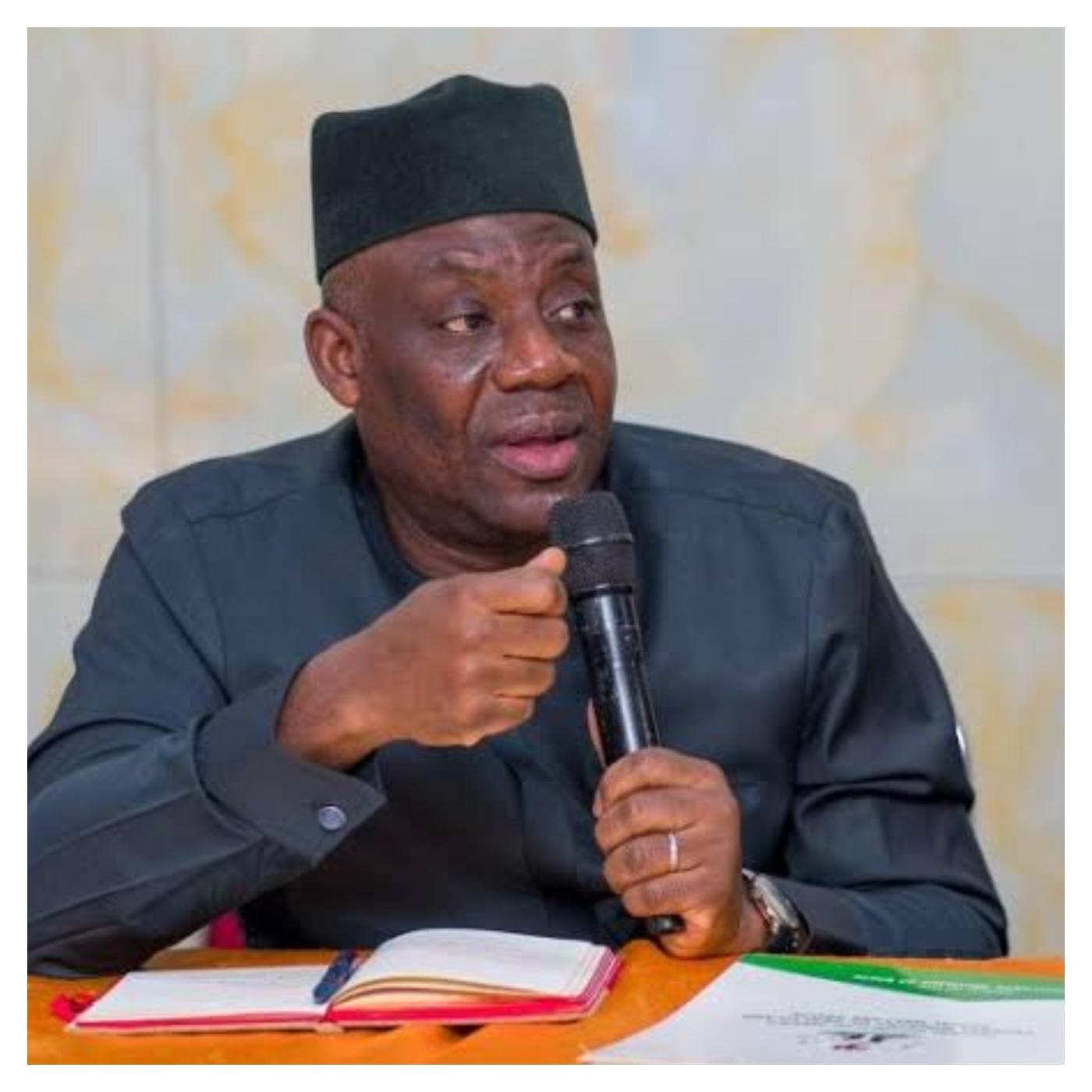Africa-Press – Nigeria. Tunji Alausa, the minister of education, has opposed a bill seeking to establish a federal college of entrepreneurship and skills acquisition in Borno state.
Alausa’s position was outlined in a memorandum presented on Thursday during a public hearing organised by the House of Representatives Committee on Federal Polytechnics and Higher Technical Education.
The minister advised lawmakers to prioritise funding for existing institutions rather than creating new ones.
“The ministry reaffirms the federal government’s policy on citing federal institutions equitably across states,” Alausa said.
“This policy ensures that no state hosts more than one federal polytechnic at a time while guaranteeing that every state has at least one such institution.
“Currently, all states except Sokoto and the FCT are engaged in this initiative.
“Therefore, the ministry urges the distinguished members of the green chambers to prioritise resource allocation towards the successful take-off of already established institutions rather than initiating new ones.”
Alausa also highlighted that the ministry has streamlined and expanded the process for establishing private tertiary institutions.
He encouraged states and individuals to take advantage of this avenue to contribute to national education development.
Citing current financial constraints, Alausa added that the ministry recommends halting plans for the proposed skills college in Borno.
Usman Balami, the lawmaker sponsoring the bill, argued that the proposed college would play a critical role in tackling youth unemployment.
He stressed the importance of equipping young Nigerians with practical, market-relevant skills.
“In our rapidly changing job market, possessing a varied skill set is crucial for success and adaptability,” he said.
“The college will effectively bridge the gap between theoretical knowledge and practical application, ensuring that graduates emerge ready to meet workforce demands.”
Fuad Laguda, chairman of the committee, said that if passed, the bill would pave the way for Nigerians to gain skills across a wide spectrum—including social sciences, arts, humanities, technology, science, entrepreneurship, and vocational education.
For More News And Analysis About Nigeria Follow Africa-Press







